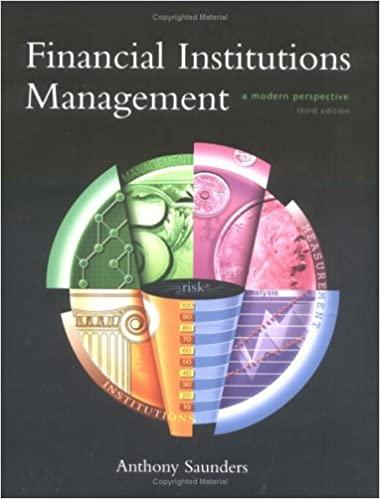Question
Bekosan Inc, a New York based manufacturer of domestic waste disposal units, is re-evaluating its UK sales strategy. Since the entry of the UK into
Bekosan Inc, a New York based manufacturer of domestic waste disposal units, is re-evaluating its UK sales strategy. Since the entry of the UK into the EU, Bekosan has had to face a 30% common external EU tariff on its exports to the UK, compared with a 10% UK tariff in force prior to the UK joining the EU. This, together with the downward floating of the pound against the dollar, has led Bekosan to increase the UK price of its product, the Omnigrind. Although the company has reduced its profit margin, its share of the UK market has fallen considerably in the face of competition from companies that do not have to pay the 30% tariff. Bekosan is now considering whether to set up a manufacturing subsidiary in the UK or to pull out of the market completely. In 2011 Bekosans UK sales totalled US$15 million and produced an after-tax net cash flow of US$1 million. It is expected that this net cash flow will fall steadily to $0 over the next five years. If the company immediately pulls out of the UK market it is thought that some production could be diverted to the Canadian market, yielding an after-tax net cash flow of US$500 000 for the foreseeable future. A UK manufacturing subsidiary, based in a development area, would cost 10 million to establish, 20% of which would be met from a grant by the British government. The investment would be depreciated on a historic cost straight line basis over five years. After five years it is expected to have an after-tax realisable value of 5 million. Production would commence in six months, and full production is anticipated by the end of the first year. All components would be produced locally in the UK except the control device which would be imported from the parent company and would be subject to the external tariff. The parent would charge the subsidiaryUS$10 per unit for this component, yielding a contribution of US$3 per unit to overhead. Bekosan has a five year planning horizon. Sales by the proposed UK subsidiary are expected to be 50 000 units in the first year (2012), and 150 000 units in each of the next four years. The UK price is to be fixed initially at 60 per unit, and will be varied at the beginning of each year in direct relation to the previous years inflation rate. UK fixed and variable costs are also expected to vary directly with inflation in the same manner. Estimates of these costs for the first year are: fixed costs 500 000, variable costs 30 per unit. Bekosan has proposed a royalty payment to the parent of US$10 per unit sold by the UK subsidiary, payable at the end of each year. There are no restrictions on remittances from the UK to the USA, and corporation tax is levied at 35% in both countries, with a full double taxation agreement in force. Tax is payable in the year the profit is earned. Bekosans estimates of future US$/ spot rates and UK inflation rates are as follows: Spot rate $/ Expected UK Inflation Year Average for year 31 December 2011 1.55 1.50 12% (actual) 2012 1.60 1.55 8% 2013 1.65 1.70 5% 2014 1.75 1.75 5% 2015 1.70 1.60 6% 2016 1.50 1.50 10% Bekosans managers believe that the appropriate discount rate for this project is 20%. Required Assuming that it is now 31 December 2011, calculate the projects NPV to decide whether Bekosan should accept the proposal to invest in the UK or not
Step by Step Solution
There are 3 Steps involved in it
Step: 1

Get Instant Access to Expert-Tailored Solutions
See step-by-step solutions with expert insights and AI powered tools for academic success
Step: 2

Step: 3

Ace Your Homework with AI
Get the answers you need in no time with our AI-driven, step-by-step assistance
Get Started


